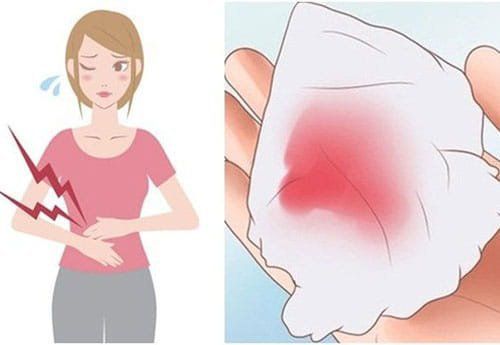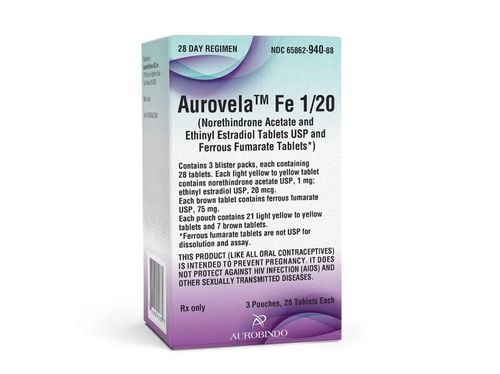This is an automatically translated article.
Many people do not know "what is polycystic ovary?", "do polycystic ovary have children?" or “do polycystic ovaries ovulate?”. In fact, polycystic ovary syndrome is a common endocrine and metabolic disorder, occurring in about 5-10% of women of reproductive age.Video content is professionally consulted by Resident Doctor, Master Nguyen Thi Tam - Reproductive Support Center - Vinmec Times City International Hospital
Common signs on ultrasound are too many small cysts per ovary (>20 follicles) or ovary volume>10ml. Although there are many follicles on both sides of the ovaries, the follicles do not develop and "rip" or "ovulate" eggs as usual, making it difficult to get pregnant. In addition, polycystic ovary has other common endocrine disorder signs such as menstrual disorders, sparse menstruation, hirsutism, acne...
According to MSc. Doctor Nguyen Thi Tam, Reproductive Support Center - Vinmec Times City International General Hospital, when suffering from polycystic ovaries, women may experience some obvious symptoms from changes in the body. such as: Hirsutism, especially in places normally found only in men such as mustache, face, back, lower abdomen above genitals, unexplained weight gain or condition Excess fat suddenly appears in the anterior abdomen, waist...
People with polycystic ovary syndrome who want to have children often wonder "how to have a baby with polycystic ovary?" Or "Can I get pregnant with polycystic ovaries on both sides?". In this regard, Mr. Doctor Nguyen Thi Tam Ly said that, normally, on the ovary of an adult woman, there will be about 400,000 - 500,000 reserve follicles. Every month, there will be a group of follicles developing, but out of which only 1 will develop into a dominant follicle and ovulate. In a woman's life there will only be about 400–500 mature eggs, which are released from the ovaries (in a process called ovulation) and potentially fertilized in the fallopian tubes of the female reproductive tract. , forming a fetus. If you have polycystic ovary syndrome, the number of follicles will be more than normal, when ultrasound can be easily observed in the ovaries of polycystic ovary patients with many small but large follicles. Size is only from 2-9mm. The number is very large, but the follicles do not develop normally, the thick ovarian shell interferes with ovulation, which makes the process of ripening eggs difficult. This makes it more difficult for people with polycystic ovaries to want to have children.
However, people with polycystic ovary syndrome who want to have children should not be too worried, have regular health checkups and see a specialist for the best help.
Please dial HOTLINE for more information or register for an appointment HERE. Download MyVinmec app to make appointments faster and to manage your bookings easily.














